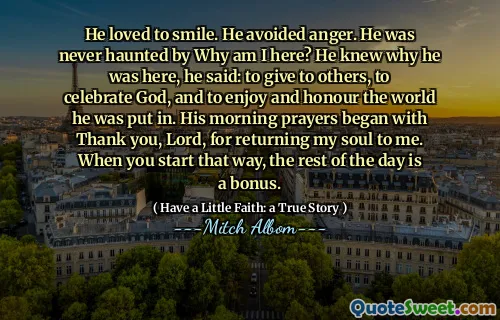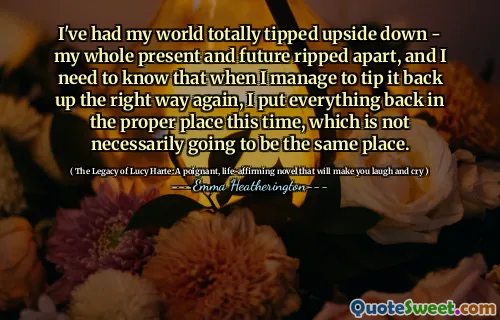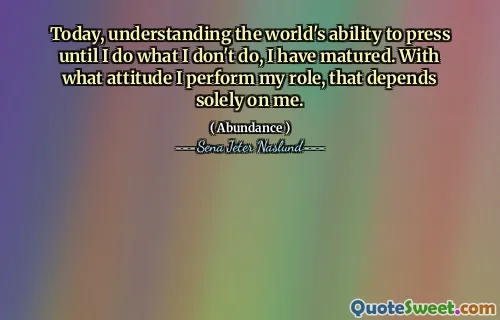
God forgive me for what I've done. God forgive me for what I will do, and forgive me for what I can't do because my religion won't let me.
This quote poignantly reflects the complex relationship individuals often have with their faith, morality, and actions. It conveys a deep awareness of human imperfection and the multifaceted nature of sin, not only in terms of past deeds and future intentions but also in the internal conflicts that arise from religious constraints. The speaker is not only seeking forgiveness for actual actions taken but also for future missteps and, intriguingly, for the limitations imposed by their religion that prevent certain actions. This last element introduces an insightful commentary on how religious doctrines can sometimes act as a double-edged sword – while they guide and protect, they may also restrain and complicate personal freedom, growth, or expression.
In a broader sense, this quote invites reflection on how faith communities reconcile rigid beliefs with human desires and mistakes. It raises questions about guilt, accountability, and the struggle between individual will and prescribed rules. The speaker’s plea for forgiveness extends beyond the usual scope of wrongdoing, acknowledging the nuanced moral territory where inability to act is just as significant. This can resonate deeply with people who have experienced inner conflict due to cultural or religious prohibitions.
Ultimately, the quote embodies vulnerability and humility. It demands empathy and understanding rather than judgment, reminding us that forgiveness is not only for what we consciously commit but also for what circumstances and beliefs compel or deter us from doing. This makes the expression universally relevant, touching on the essence of human imperfection and the quest for grace within the framework of faith.











